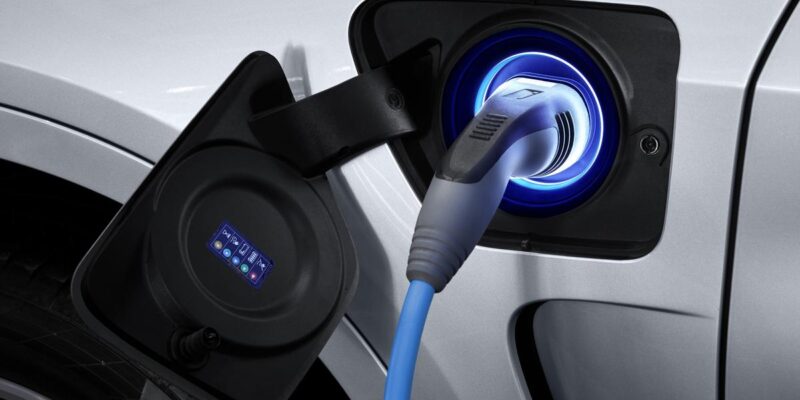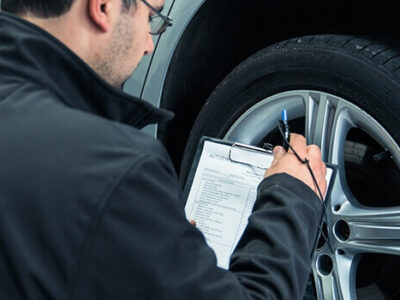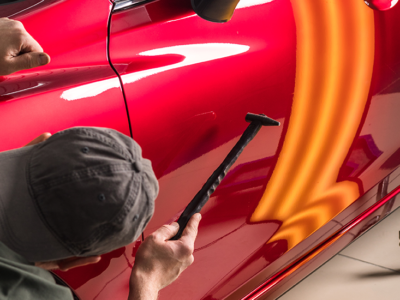
With the rapid adoption of electric vehicles (EVs) across the globe, the demand for home charging solutions has surged. If you’re considering installing an electric car charger at your residence, it’s essential to understand the various costs involved. Electric Car Charger Installation can be a substantial investment, but it comes with the convenience of charging your EV at home. In this detailed article, we will explore the factors that influence the cost of installing an EV charger and provide a comprehensive guide to help you budget for this important upgrade.
Understanding the Basics of Electric Car Charger Installation
Before diving into the specific costs, it’s crucial to understand the basic components involved in Electric Car Charger Installation. There are two primary types of home charging stations:
- Level 1 Charger: This charger uses a standard 120-volt outlet and is often included with your EV. It’s the slowest charging option, usually providing 2 to 5 miles of range per hour.
- Level 2 Charger: This charger requires a 240-volt outlet, similar to what is used for large appliances like dryers. It offers significantly faster charging speeds, usually providing 10 to 60 miles of range per hour.
The installation process typically involves mounting the charger on a wall, connecting it to your electrical system, and sometimes upgrading your electrical panel to accommodate the additional load.
Factors Influencing the Cost of Electric Car Charger Installation
Several factors can impact the overall cost of Electric Car Charger Installation. These include:
1. Type of Charger
The type of charger you choose will significantly affect the installation cost. Level 1 chargers are typically less expensive since they don’t require any special installation; you can plug them directly into a standard outlet. However, Level 2 chargers require professional installation, including the possible need for an electrical panel upgrade, which adds to the overall cost.
2. Electrical Panel Upgrade
If your home’s electrical panel doesn’t have enough capacity to handle the additional load of a Level 2 charger, you may need to upgrade it. This is often the most significant cost in the installation process. The cost of upgrading an electrical panel can range from $1,000 to $3,000 or more, depending on the complexity and the existing infrastructure of your home.
3. Permits and Inspections
In most areas, installing a Level 2 charger requires a permit and subsequent inspection to ensure the installation meets local electrical codes. Permit fees vary by location, typically ranging from $50 to $200. While this may seem like a minor cost, it’s essential to budget for it to avoid any legal issues down the road.
4. Distance from Electrical Panel
The distance between your electrical panel and the location of your charger can affect the cost of installation. If the charger is far from the panel, additional wiring and labor will be required, increasing the overall cost. The price for running electrical wiring can range from $6 to $10 per foot, depending on the complexity of the installation.
5. Labor Costs
Hiring a licensed electrician is a must for a safe and code-compliant installation. Labor costs can vary significantly based on your location and the complexity of the job. On average, you can expect to pay between $500 to $1,200 for professional installation services.
6. Trenching and Conduit Installation
If your charger is to be installed far from your home or in a detached garage, you might need to install conduit underground to run the electrical wiring. Trenching and conduit installation can add $1,000 to $3,000 or more to the overall cost, depending on the distance and the difficulty of the terrain.
7. Charger Unit Cost
In addition to installation, you’ll need to purchase the charging unit itself. The cost of a Level 2 charger typically ranges from $400 to $1,200, depending on the brand, features, and power output.
Total Cost Breakdown of Electric Car Charger Installation
Given the factors above, the total cost of Electric Car Charger Installation can vary widely. Here’s a breakdown of potential costs:
- Level 2 Charger Unit: $400 – $1,200
- Electrical Panel Upgrade: $1,000 – $3,000+
- Permits and Inspections: $50 – $200
- Labor Costs: $500 – $1,200
- Wiring and Installation Materials: $100 – $500
- Trenching and Conduit Installation (if needed): $1,000 – $3,000+
Estimated Total Cost
For a typical installation, homeowners can expect to pay between $1,500 and $4,500 for a straightforward Level 2 charger installation. However, in cases where significant upgrades or additional work is required, costs could rise to $6,000 or more.
Potential Savings and Incentives
The cost of Electric Car Charger Installation may be offset by various incentives and rebates offered by governments and utility companies. These incentives can reduce the upfront cost, making the transition to an electric vehicle more affordable.
1. Federal Tax Credits
In the United States, federal tax credits may be available for the installation of EV chargers. These credits can cover up to 30% of the installation cost, up to a maximum of $1,000 for residential installations.
2. State and Local Rebates
Many states and local governments offer rebates for installing EV chargers. These rebates can vary widely, with some states offering up to $500 or more towards the installation cost. It’s important to check with your local government or utility company to see what incentives are available in your area.
3. Utility Company Programs
Some utility companies offer programs to assist with the cost of installing EV chargers, including rebates, discounted rates for electricity used to charge your vehicle, or even direct installation assistance.
The Importance of Professional Installation
Hiring a professional for your electric car charger installation is essential. While DIY might seem cost-effective, it can lead to serious issues. A licensed electrician ensures your charger is installed correctly, safely, and in compliance with local codes. Improper installation, especially when not handled by experts like those at EV Charger Edmonton, can void your EV’s warranty and create significant safety risks. Don’t compromise on safety; trust a professional to get the job done right.
Conclusion: Is Electric Car Charger Installation Worth the Investment?
Investing in Electric Car Charger Installation at your home is a decision that offers both convenience and potential savings in the long run. Although the upfront costs can be significant, especially if an electrical panel upgrade is required, the ability to charge your EV at home and avoid relying on public charging stations can provide significant value. Moreover, the availability of federal, state, and local incentives can help to reduce these costs, making the transition to electric vehicle ownership more accessible.
As the world continues to shift towards sustainable energy, installing an EV charger is a forward-thinking decision that enhances the functionality of your home and supports a cleaner environment.











